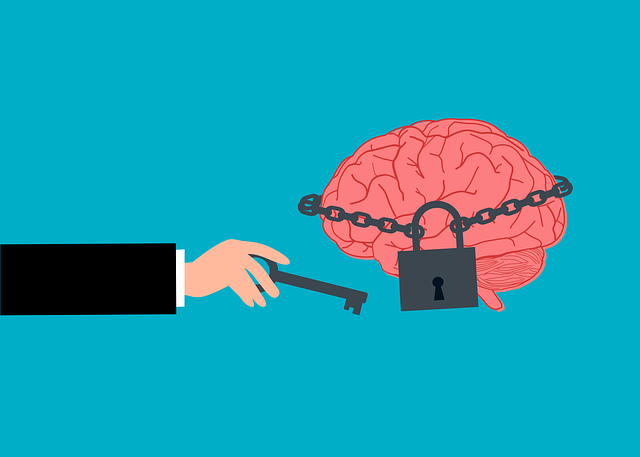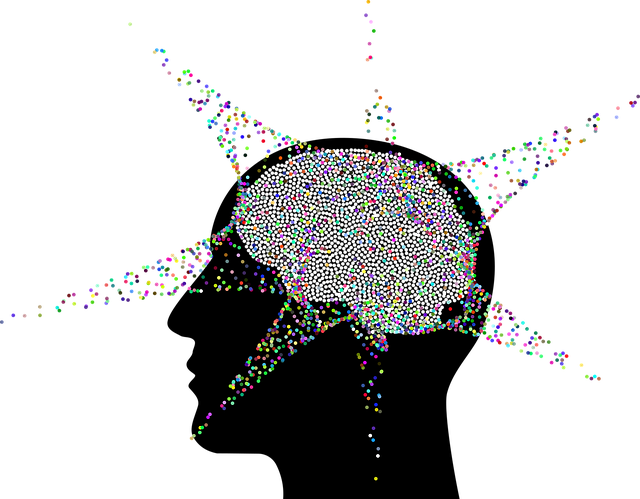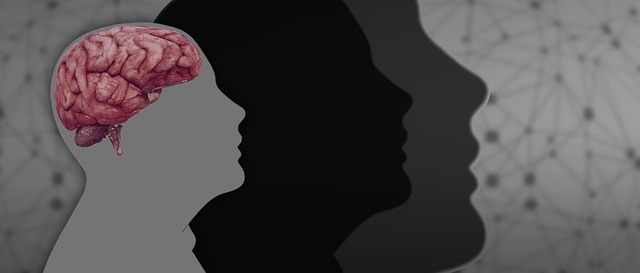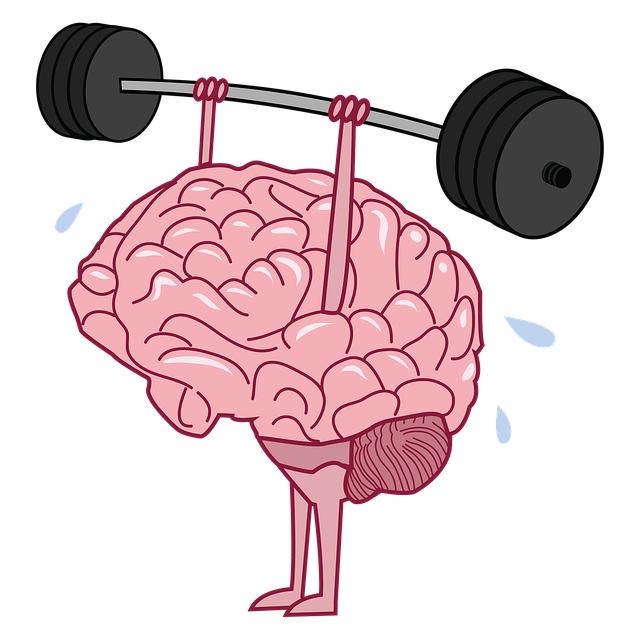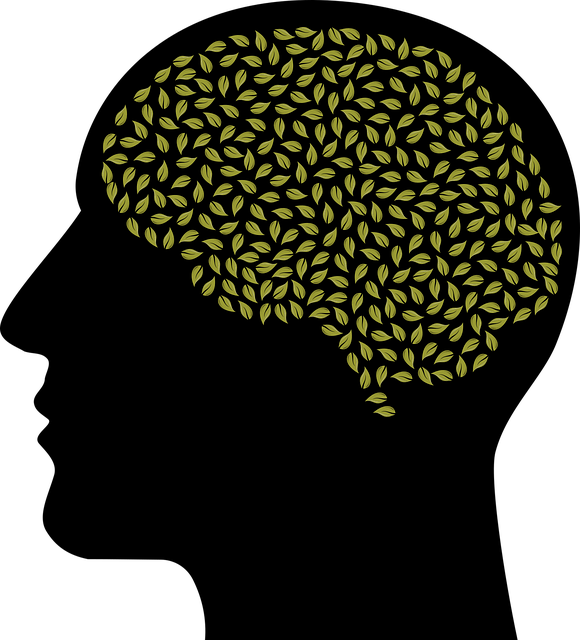Northglenn Somatic Experiencing (SE) Therapy offers a holistic approach to mental wellness, focusing on the mind-body connection and providing tools for trauma processing and tension release. This therapy combines mindfulness, sensory integration, and guided imagery to heal and restore balance. It's particularly beneficial for healthcare providers, promoting self-care and stress management. Program evaluation is crucial for assessing SE Therapy's effectiveness, guiding refinements, and ensuring efficient resource allocation. KPIs for evaluating success include biometric assessments, symptom reduction, community resilience, and mental illness stigma reduction efforts. Continuous improvement strategies, based on feedback loops, adapt and enhance the therapeutic environment for better individual and community outcomes.
In today’s digital era, mental wellness program evaluation is crucial for ensuring the effectiveness and impact of therapeutic interventions. This article explores various methods used to assess the success of initiatives like Northglenn Somatic Experiencing Therapy (SEt). We delve into the significance of program evaluation, highlighting key performance indicators (KPIs) and continuous improvement strategies. By understanding these techniques, mental health professionals can optimize programs and foster positive outcomes for clients.
- Understanding Northglenn Somatic Experiencing Therapy: A Brief Overview
- The Significance of Program Evaluation in Mental Health Initiatives
- Methods for Assessing Therapeutic Interventions
- Key Performance Indicators for Measuring Success in Mental Wellness Programs
- Implementing Feedback Loops and Continuous Improvement Strategies
Understanding Northglenn Somatic Experiencing Therapy: A Brief Overview

Northglenn Somatic Experiencing Therapy (SE) is a unique approach to mental wellness that focuses on the deep connection between the mind and body. This therapeutic method aims to help individuals process traumatic experiences and release held tension, promoting a state of calm and resilience. SE therapy incorporates various techniques, such as mindfulness exercises, sensory integration, and guided imagery, to facilitate healing and restore a sense of balance.
By engaging in Northglenn SE Therapy, clients can develop effective coping mechanisms for managing stress, anxiety, and even burnout. This is particularly beneficial for healthcare providers who often face high-stress situations, as it incorporates compassion cultivation practices to enhance self-care. The holistic nature of this therapy addresses the physical, emotional, and mental aspects of wellness, making it a valuable tool in preventing burnout and promoting long-term mental health.
The Significance of Program Evaluation in Mental Health Initiatives

Program evaluation is a cornerstone in mental health initiatives, offering a structured approach to assess and improve the effectiveness of interventions designed to support individuals’ mental wellness. This process involves systematically gathering and analyzing data related to the implementation and impact of programs like Northglenn Somatic Experiencing Therapy (SE). By employing robust evaluation methods, therapists, researchers, and organizations can gain valuable insights into what works, for whom, and under what conditions. Such knowledge is pivotal in refining existing practices and guiding future strategies aimed at enhancing mental health outcomes.
In the context of Northglenn Somatic Experiencing Therapy and other evidence-based approaches, evaluation plays a crucial role in fostering continuous improvement. For instance, assessing the impact of Stress Management Workshops Organization can help identify effective coping skills development techniques and inform tailored interventions for different populations. Similarly, evaluating Mental Illness Stigma Reduction Efforts contributes to breaking down barriers by measuring changes in societal attitudes and behaviors towards mental health conditions. Ultimately, rigorous program evaluation ensures that resources are allocated efficiently, empowering mental health professionals and organizations to deliver evidence-supported care and contribute to a more inclusive and supportive community.
Methods for Assessing Therapeutic Interventions

Evaluating therapeutic interventions is a multifaceted process that plays a crucial role in determining the effectiveness of mental wellness programs. One innovative approach gaining traction is Northglenn Somatic Experiencing Therapy (SE), which focuses on resolving trauma and promoting deep relaxation. This method assesses improvements by measuring clients’ physiological responses, such as heart rate variability, before and after sessions. By tracking these biometric markers, therapists can gauge the impact of SE on individuals’ stress levels and overall well-being.
Additionally, self-reported surveys and client feedback are invaluable tools for gauging progress. These methods allow individuals to articulate their experiences, including changes in mood, anxiety levels, and the ability to manage stressful situations. Incorporating Conflict Resolution Techniques and Trauma Support Services within the evaluation process enables therapists to identify specific areas of growth related to interpersonal interactions and trauma-informed care. Such comprehensive assessments facilitate data-driven decisions, ensuring that mental wellness programs are tailored to meet the unique needs of each client, ultimately enhancing Self-Esteem Improvement.
Key Performance Indicators for Measuring Success in Mental Wellness Programs

When evaluating the success of mental wellness programs like Northglenn Somatic Experiencing Therapy (SE), it’s crucial to define clear Key Performance Indicators (KPIs). These metrics should align with the program’s objectives and reflect positive changes in participants’ mental health. For instance, tracking client satisfaction rates and improvements in emotional well-being through structured surveys can provide valuable insights. Additionally, measuring the reduction in symptoms of common mental illnesses can be a powerful indicator; this data often reveals the program’s effectiveness in managing conditions such as anxiety or depression.
Beyond individual outcomes, considering the broader impact is essential. Mental wellness initiatives should aim to foster community resilience and reduce stigma associated with mental illness. Metrics like the number of participants engaged in group discussions related to Mind Over Matter principles or the success rate of Mental Illness Stigma Reduction Efforts can showcase the program’s contribution to societal changes. Furthermore, evaluating Community Outreach Program Implementation ensures that services reach diverse populations, thereby increasing accessibility to care.
Implementing Feedback Loops and Continuous Improvement Strategies

Implementing feedback loops and continuous improvement strategies is a vital component of any successful mental wellness program, such as Northglenn Somatic Experiencing Therapy (SE). By actively gathering and analyzing feedback from participants, therapists, and other stakeholders, programs can identify areas for enhancement and make data-driven adjustments. This iterative approach ensures that the intervention remains relevant and effective over time, fostering a culture of resilience building within the community.
Effective communication strategies and compassion cultivation practices play a crucial role in this process. Open dialogue encourages participants to share their experiences, insights, and suggestions, while also facilitating better understanding among team members. Integrating these perspectives allows for more nuanced adjustments, focusing on aspects like improving communication flows, refining techniques, or enhancing the overall therapeutic environment. Ultimately, these strategies contribute to the program’s ability to adapt and grow, benefiting both the individuals it serves and the broader Northglenn community.
The evaluation of mental wellness programs, such as Northglenn Somatic Experiencing Therapy, is a vital component in ensuring their effectiveness and adaptability. By employing diverse assessment methods and key performance indicators, therapists can gain valuable insights into the success of their interventions. Integrating feedback loops and continuous improvement strategies not only enhances the quality of care but also allows for tailored adjustments to meet the unique needs of individuals seeking mental health support. This comprehensive approach is essential in navigating the complex landscape of mental wellness treatment, fostering better outcomes, and revolutionizing therapeutic practices.
